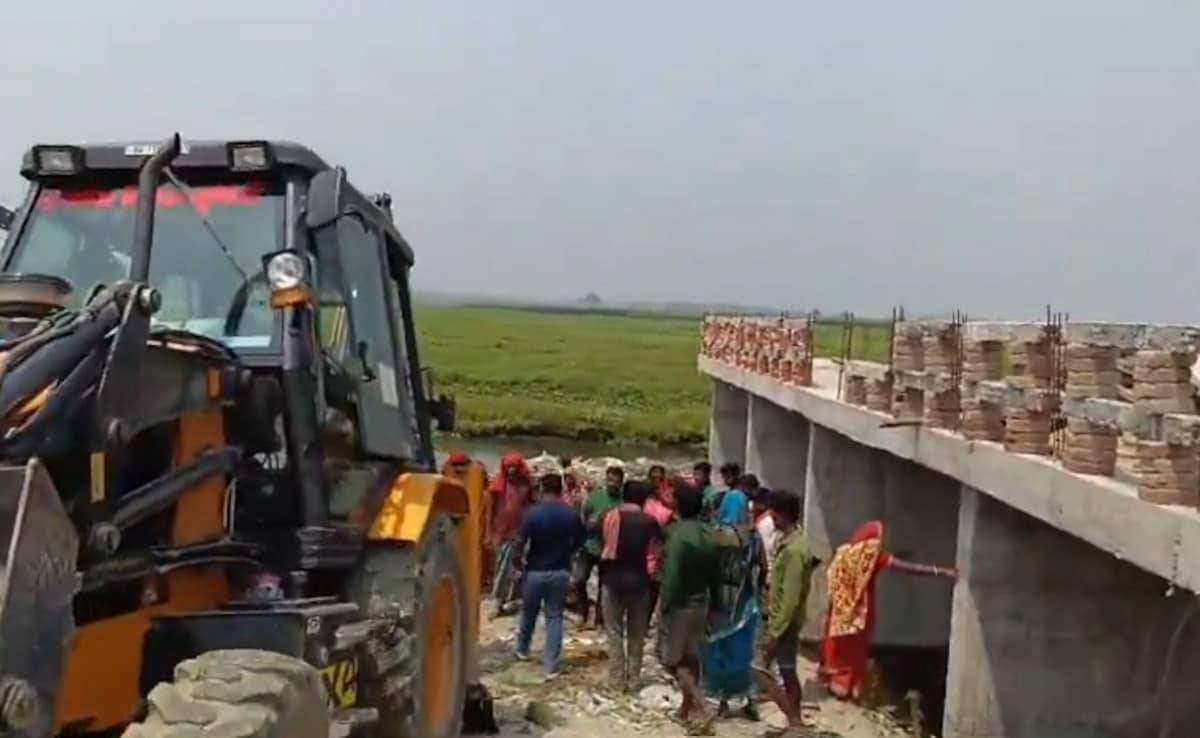The Jammu and Kashmir government has introduced a significant change in property transfer laws, bringing relief to families transferring property within blood relations. As of April 1, 2025, stamp duty is no longer applicable on property transfers executed through gift deeds among blood relatives, as per a recent notification from the finance department.
This move aims to ease the process of property transfers between family members by reducing financial barriers. The decision is expected to benefit a wide range of people who wish to transfer their property to family members without the burden of stamp duty fees.
The exemption will apply specifically to gift deeds executed between blood relatives. This includes transfers between individuals defined as blood relations under the new rules—namely, father, mother, brother, sister, son, daughter, grandfather, grandmother, grandson, and granddaughter. According to the notification, the gift deed must be executed with a written instrument and must be attested by at least two witnesses. The giver and the recipient must also submit at least two proofs of identification each to validate the transaction.
The decision has been made under the powers conferred by Section 9 (a) of the Stamp Act, 1977. The government has emphasized that this exemption will be provided in the public interest, ensuring that the transfer of property within families remains both affordable and straightforward. It is expected to reduce the financial burden on individuals seeking to transfer immovable property to their family members, ensuring more accessible property ownership.
Implementation and Impact
The exemption will come into effect on April 1, 2025, giving people ample time to plan their property transfers accordingly. By removing the stamp duty cost for gift deeds between blood relatives, the government hopes to promote smoother property transactions within families, making it easier for individuals to pass on assets such as land, houses, and other immovable properties to their loved ones.
This move aligns with broader efforts to streamline property transactions within the state. For many families, especially in cases of inheritance, the financial burden of stamp duty can be substantial, sometimes leading to delays or disputes. The exemption removes this obstacle, encouraging smoother and quicker transfers between family members.
Similar Initiatives in Other States
Jammu and Kashmir's decision mirrors similar initiatives taken by other states in India, where governments have recognized the importance of easing property transactions within families. For instance, Maharashtra, Uttar Pradesh, and Haryana have already implemented policies that offer stamp duty exemptions or reductions for property transfers through gift deeds among immediate family members.
In Haryana, stamp duty is completely exempted for property transfers to a spouse or immediate family members. Similarly, in Uttar Pradesh, a notification dated August 3, 2023, announced a remission in stamp duty charges for property transfers via gift deeds, specifically targeting immediate family members, including siblings. These states' initiatives have made it easier for people to transfer immovable assets like houses, flats, commercial units, or plots within families.
As a result of these exemptions, families are now more inclined to transfer property to their loved ones, whether as part of succession planning or simply as a gesture of support. The financial savings from these reduced or waived stamp duties have encouraged individuals to consider gifting properties to their children, spouses, or siblings, thus fostering greater financial security within families.
Legal experts have expressed support for such exemptions, noting that they not only reduce the financial burden on families but also encourage smoother legal transfers of property. Jayshree Navin Chandra, a senior partner at ZEUS Law Associates, pointed out that the exemptions incentivize gifting between siblings and other blood relatives. These changes also provide significant savings, which makes the property transfer process more financially advantageous for families.
However, experts also emphasized that the gift deed must be properly executed to avoid any potential legal complications. Mona Dewan, Managing Associate at ZEUS Law Associates, advised that while making such transfers, individuals must ensure that the transaction is documented through a legally valid gift deed, which must be attested by at least two witnesses. This formal documentation is crucial for the validity of the transfer.
The move, effective from April 1, 2025, is expected to reduce the financial burden on individuals and simplify the property transfer process. This initiative is part of a broader trend across India, where other states like Maharashtra, Uttar Pradesh, and Haryana have introduced similar provisions. As more states adopt such policies, the process of transferring property between family members will become easier and more cost-effective, benefiting many individuals across the country.
Image source- freepik.com









.png)